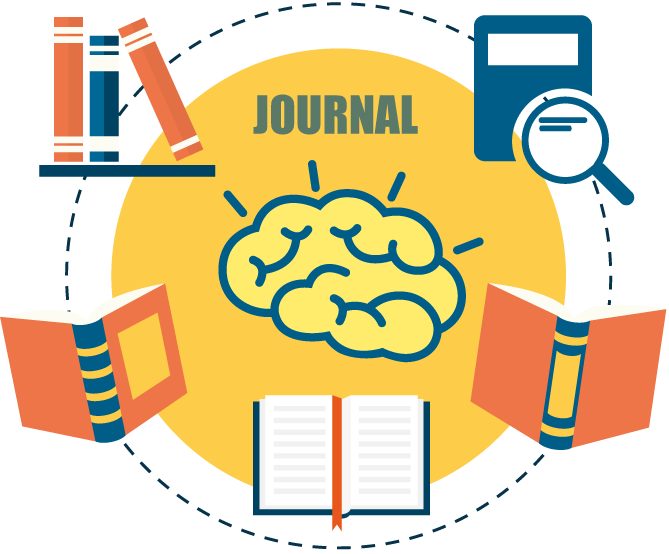
Reflective Journal How To
A reflective journal is one that captures your deepest thoughts and the things that monopolize your mind. It gives you space to explore the different events in your life and what they really mean to you and are meant to teach you. A reflective journal is the ideal place to unload the endless thoughts going through your mind and make sense of them. While a reflective journal can be used daily, it is not necessarily a diary of your daily events. It focuses more on the aspects of your life that deserve extra time and consideration.
Why Keep a Reflective Journal?
- A reflective journal helps you to put a certain event or thought into perspective, as you detail it completely like you would when speaking to someone else.
- It allows you the space to fully investigate something that has happened, in order to make sense of it.
- It helps you to sync your experiences and values with your future actions.
- It lets you purge the many ideas and thoughts that may be running through your mind and causing overwhelm or confusion.
- A reflective journal can help you make important decisions or resolve problems because you can see things more clearly after journaling the facts and feelings of the situation.
- It can also help you understand why certain things are as they are. This can bring you peace. This beginning of this understanding can often be spurred from reading, attending a lecture, or even from common sense.
- It can help you better clarify your own feelings when you share your reflective journal entries with trusted people.
Reflective Journal Tips
- Use your reflective journal to log the things that are lingering in your mind. Big decisions are often the most difficult to make but by journaling every aspect of the considerations, you will find that an answer often presents itself.
- List your long term goals, your strategies to meet those goals, and where you can find the necessary help in meeting them.
- When events happen that you feel the need to journal, do so as soon as possible after the event to avoid forgetting details. Include why the event happened and what your feelings are about it.
- Tackle both the positive and negative events in your life, and discuss what you have learned from them.